Understanding the Importance of Post-Detox Treatment
Embarking on the path to recovery from substance abuse begins with drug detox. This process eliminates toxins from your body and jumpstarts the healing process both physically and mentally. However, it’s important to recognize that detox alone isn’t sufficient for long-term sobriety. It’s crucial to explore the available options to support your recovery with treatment after detox.
One of the primary objectives of rehab after detox is helping individuals uncover the root causes behind their addiction. Through group therapy sessions, clients have an opportunity to delve into their thoughts, emotions, and behaviors that contribute to substance abuse. Understanding these underlying factors allows them to develop healthier coping mechanisms and foster positive transformations.
What to Expect in Inpatient Rehabilitation Programs
If you decide to pursue rehabilitation following drug detoxification, it’s essential to have an understanding of what lies ahead. Inpatient rehab programs offer a holistic approach to recovery. Here are some common aspects that you can expect in a rehab program:
- Comprehensive Medical Assessment: A thorough medical assessment will determine your physical and mental health needs upon admission. This evaluation helps the treatment team create a tailored treatment plan for you.
- Individual Therapy: During your time in rehab, you will have regular one-on-one therapy sessions with a licensed therapist. These sessions provide a confidential space for exploring your emotions, addressing underlying issues, and developing healthy coping strategies.
- Group Therapy: Group therapy is a part of the inpatient rehab experience. It offers an opportunity to connect with individuals going through similar experiences, share insights, and learn from one another. Trained therapists facilitate these group sessions, ensuring a nonjudgmental environment.
- Life Skills Training: In rehab, you will receive education and training on various life skills crucial for maintaining sobriety. These skills may include stress management techniques, practical communication skills, problem-solving strategies, and techniques for preventing relapse.
By familiarizing yourself with these elements of rehabilitation programs beforehand, you can better prepare yourself for the journey toward recovery.
Toward the end of your rehabilitation program, the treatment team will collaborate with you to create an aftercare plan. This plan may involve connecting you with outpatient programs, support groups, therapists, or other local resources. Aftercare planning aims to offer support and access to resources as you transition back into your everyday life.
Many individuals have found success in holistic approaches to rehab following drug detox. Holistic approaches prioritize addressing the well-being of a person and seek to involve their mind, body, and spirit rather than solely focusing on addiction symptoms. Some standard holistic methods for recovery include:
- Meditation and mindfulness: Engaging in meditation and mindfulness practices can help individuals develop self-awareness and emotional control. These practices promote relaxation, reduce stress levels, and enhance well-being.
- Yoga and exercise: Physical activities like yoga and exercise have been proven beneficial for individuals in recovery. They can help diminish cravings, boost energy levels, and improve sleep quality.
- Nutrition and healthy lifestyle: Embracing a balanced diet and making healthy lifestyle choices can contribute to recovery by enhancing overall physical health and well-being. Proper nutrition plays a role in repairing the harm caused by substance abuse and supplying the body with essential nutrients for healing.
Support groups and community resources are significant during the phase of treatment following detox. These resources offer a sense of belonging, empathy, and assistance to individuals on their journey to recovery. Some common examples of support groups and community resources include:
- 12-step programs: Alcoholics Anonymous (AA) and Narcotics Anonymous (NA) have provided support to those in recovery for many years. These programs offer an approach that incorporates spiritual principles and peer support.
- SMART Recovery: This self-help program is centered on self-focused empowerment. It equips individuals with tools and techniques to overcome unhealthy behaviors and maintain long-term sobriety.
- Counseling and therapy: The significance of therapy and counseling cannot be overstated in the recovery process. Collaborating with a therapist or counselor provides support, addresses underlying issues that may arise, and helps individuals develop healthy coping strategies. Marina Harbor Detox provides holistic addiction therapy customized to meet the unique needs of those in recovery.
Treatment After Detox With Marina Harbor Detox
Deciding to enter a drug detox program is a courageous and significant choice. It signifies the beginning of a new chapter in your life, one filled with hope, healing, and personal growth. Marina Harbor Detox is a San Francisco medical detox and addiction treatment center offering comprehensive detox programs and round-the-clock residential support.
By embarking on your journey with Marina Harbor Detox, you can receive the support and care necessary to help you navigate the challenges of recovery. Our dedicated team of professionals is committed to guiding you toward lasting sobriety while helping you embrace this phase in life.
If you or someone you know is struggling with substance abuse, consider Marina Harbor Detox as an option for a residential treatment center. If you’re seeking help for addiction, learn more about what happens after drug detox and how to begin your recovery journey with our comprehensive detox program.



